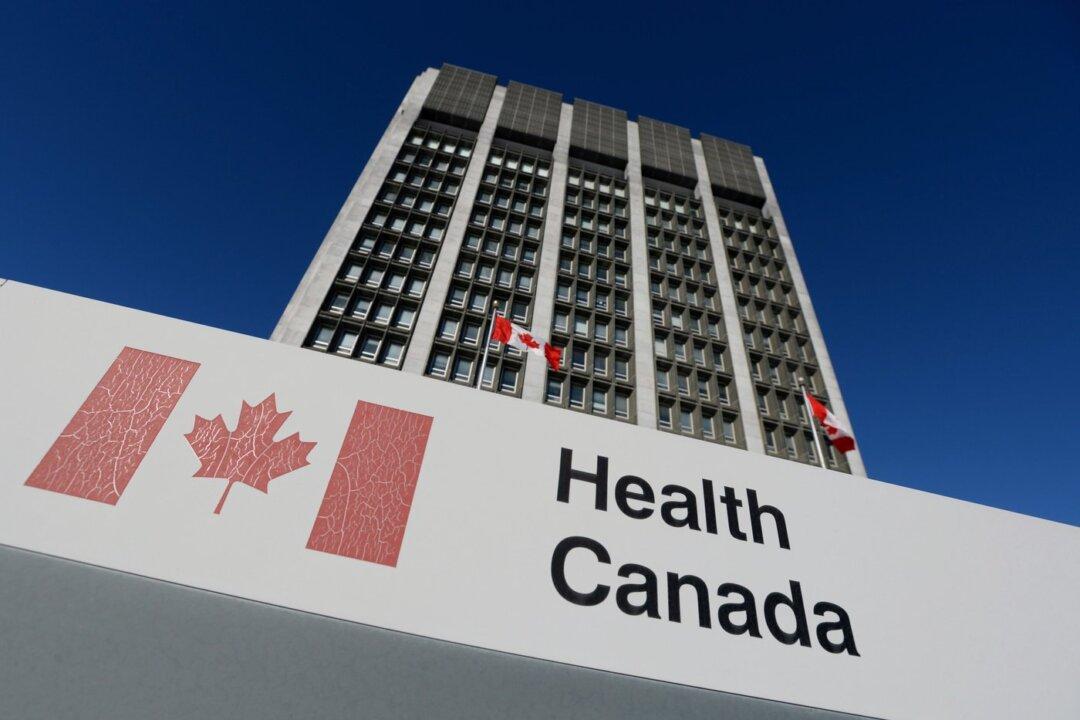Nearly four years after the launch of the massive COVID-19 vaccination campaign, which included mandates and passports, the safety of the products for pregnant women remains mostly untested clinically.
Health Canada answered a series of questions from Tory MP Colin Carrie in April about the issue.





